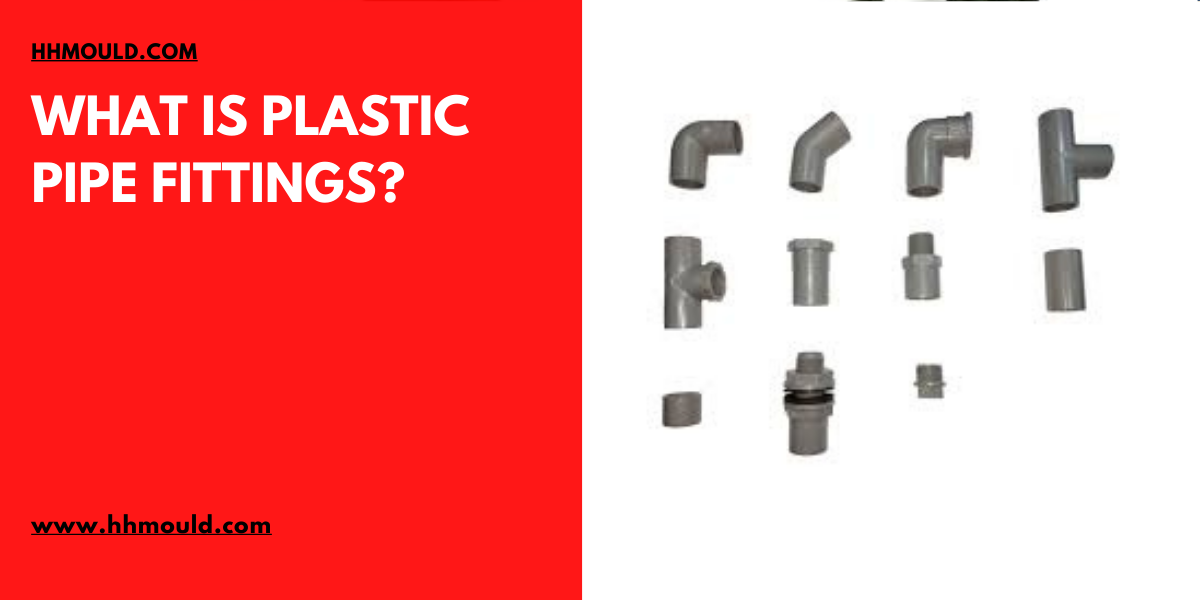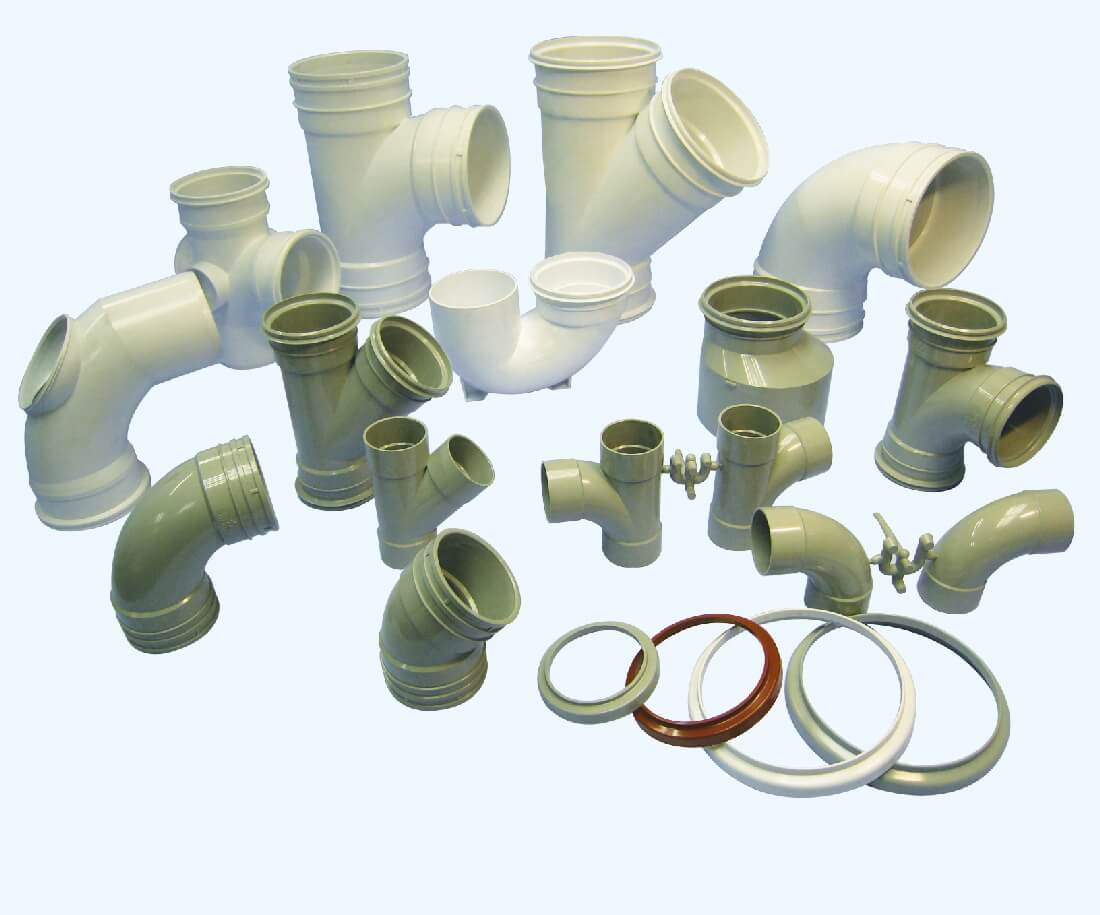Plastic pipe fittings are becoming increasingly used for water supply and drain lines. Plastic pipes are the most common because of their low cost, high durability, and ease of installation.
Fittings for plastic pipes for connecting plastic to metal pipes are available in threaded, compression, and solvent weldable varieties. Plastic pipe fittings vary in diameter and specification based on their purpose. Fittings of smaller diameters, for example, are used for pressure connections, and they are slightly heavier and have deeper throats.
Plastic threaded fittings thread almost as well as metal threaded fittings. When carrying both hot and cold water, it is recommended that specific transition fittings be used to prevent leaks caused by the differing expansion rates of plastic and metal. Plastic pipe fittings, in fact, are available for nearly every purpose.
Plastics that are used include:
- PVC and CPVC: The most common material used to make plastic pipe fittings is PVC, or poly-vinyl-chloride. These fittings are robust, with threaded or solvent weld (glue) connections. PVC pipes exist in a variety of pressure ratings, and fittings should be selected accordingly. PVC pipes and fittings are exclusively utilised for cold water supply and drain lines.
- Another kind of PVC known as CPVC is excellent for use in hot water delivery lines.
- ABS (Acrylonitrile butadiene styrene) is another type of plastic that is commonly used to make plastic pipe fittings. ABS is easily identified by its black colour and stiffness. ABS pipe fittings are typically used for drainage lines and are less expensive than PVC pipe fittings.
- Polyethylene pipe, often known as PE pipe, is commonly used for hot and cold water delivery lines. Polyethylene is semi-flexible and usually black or grey in hue. Barb-fittings with clamp rings are commonly used to join these pipes. These fittings, however, may be heat-fused with the right tool. Polyethylene is mostly utilised for supply lines for lawn sprinkler systems, subterranean loops in geothermal heating, and other similar applications.
- Nylon is extremely resistant to chemical reactions. As a result, nylon is the most commonly utilised material for constructing pipes used in water lines and other pipelines that transport combustible substances and solvents.
For more information about plastic pipe fittings, please visit https://www.hhmould.com/







